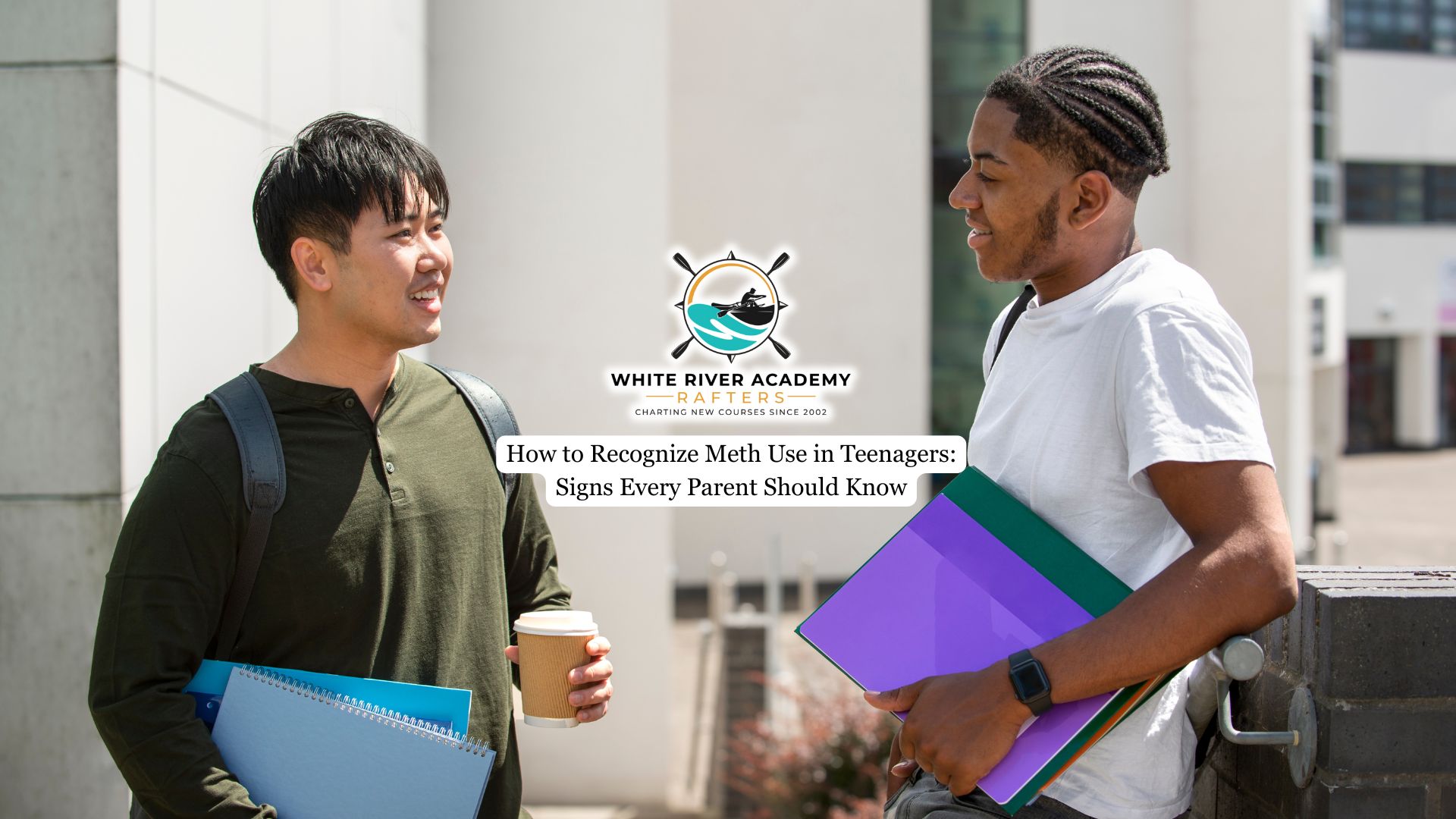Supporting a teen through addiction treatment can feel overwhelming, but parental involvement plays a critical role in recovery. Adolescence is already a time of intense change, making addiction even more complex. Early intervention and consistent support help teens build resilience and healthier coping skills.
This guide explores practical ways parents can provide emotional, practical, and ongoing support, helping their teen navigate treatment and build a healthier future.
Understanding the Role of Parental Support
Addiction often isolates individuals, but strong family involvement can help rebuild trust, communication, and a sense of belonging. Research shows that teens whose parents actively participate in their therapy process are more likely to achieve long-term sobriety.
Support goes beyond monitoring behavior, it involves emotional encouragement, setting healthy boundaries, and fostering open, judgment-free communication. By remaining involved and informed, parents strengthen their teens’ resilience and motivation to recover. Working alongside professionals and staying engaged also helps families better understand the different types of therapy available to support a teen boy’s addiction recovery and overall well-being.
Encouraging Open and Honest Communication
Open communication lays the foundation for trust and progress during addiction treatment. Teens need to feel heard without fear of judgment or punishment. Parents can foster open dialogue by asking thoughtful, open-ended questions and listening attentively without interrupting. Validating a teen’s feelings, rather than criticizing or lecturing, builds trust and encourages honesty.
Staying connected with the treatment team also ensures parents remain aligned with therapeutic goals and receive guidance on navigating difficult conversations. Encouraging regular check-ins and offering positive reinforcement when teens open up can further strengthen communication lines. Building this habit helps teens feel safe discussing challenges before they escalate.

Setting Healthy Boundaries and Expectations
While emotional support is essential, clear and consistent boundaries are equally important. Teens in recovery benefit from structure and accountability, which help them develop self-discipline and responsibility. Parents should establish expectations around curfews, school attendance, work habits, and participation in sober activities. Consequences for broken rules should be fair and consistent, reinforcing the idea that choices have real impacts.
It is also beneficial for parents to involve teens in discussions about these expectations, helping them feel respected and understood. Regularly reviewing boundaries as treatment progresses can promote a collaborative environment and encourage teens to stay committed to their recovery goals. By maintaining firm but compassionate boundaries, parents create an environment that promotes security, growth, and personal accountability.
Participating Actively in the Treatment Process
Recovery is a long-term journey that requires ongoing parental involvement. Active participation means attending family therapy sessions, engaging in parent education workshops, and maintaining open communication with counselors.
Family therapy can address and manage unresolved conflicts, improve family dynamics, and teach healthier ways to manage stress and communication. When parents stay engaged throughout the treatment process, they demonstrate commitment to their teen’s success and show that recovery is a shared journey, not a solitary task.
Providing Emotional Support Without Enabling
It can be difficult for parents to balance emotional support with the need to avoid enabling harmful behaviors. Offering encouragement, celebrating milestones, and expressing unconditional love are vital forms of support. However, rescuing teens from the consequences of poor choices or minimizing the seriousness of relapse can undermine recovery. Parents must empower their teens to take responsibility for their actions while offering a steady foundation of love and guidance. Striking this balance helps teens develop confidence and build resilience.
On top of all, understanding that relapse can be a part of recovery allows parents to respond with compassion rather than panic. Support during these moments must focus on accountability and encouragement to continue treatment, reinforcing the belief that setbacks do not erase progress.
Fostering a Healthy Home Environment
The home environment plays a crucial role in supporting ongoing recovery. Parents should prioritize creating a safe, structured, and substance-free space. Modeling healthy coping mechanisms, maintaining consistent routines, and encouraging balanced habits like regular exercise, nutritious meals, and quality sleep all contribute to a supportive atmosphere.
Introducing new hobbies or shared recreational therapy activities can help rebuild bonds and give teens positive outlets for stress and creativity. A nurturing home environment reinforces the work done in treatment and prepares teens for long-term success.
Final Thoughts from White River Academy
At White River Academy, we believe that meaningful family involvement is essential to a teen’s successful recovery. Through our specialized, evidence-based therapeutic program in Utah, we equip adolescent boys and their families with the strategies, tools, and support needed to overcome addiction challenges and build stronger, healthier relationships.




